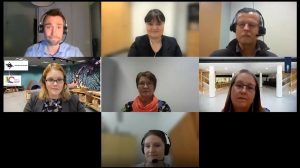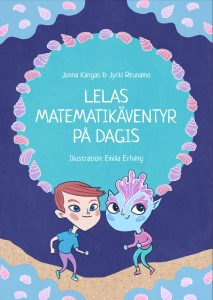 In this video, Finland’s leading researchers on the field of early childhood education and care discuss broad themes, such as: – developing and understanding today’s teacher education programmes – developing pedagogical practices – critical reflection of the processes and future orientation The panelists are following: Professor Heidi Harju-Luukkainen Professor (Emerita) Eeva Hujala Docent, University Lecturer, Jyrki Reunamo Docent, University Lecturer Jonna Kangas University Lecturer Merja Koivula Postdoctoral Researcher Jenni Salminen Postdoctoral Researcher Samuli Ranta This international open access webinar is hosted by JECER (https://jecer.org/) and is posted by Early Childhood Education Association Finland (https://eceaf.org/).
In this video, Finland’s leading researchers on the field of early childhood education and care discuss broad themes, such as: – developing and understanding today’s teacher education programmes – developing pedagogical practices – critical reflection of the processes and future orientation The panelists are following: Professor Heidi Harju-Luukkainen Professor (Emerita) Eeva Hujala Docent, University Lecturer, Jyrki Reunamo Docent, University Lecturer Jonna Kangas University Lecturer Merja Koivula Postdoctoral Researcher Jenni Salminen Postdoctoral Researcher Samuli Ranta This international open access webinar is hosted by JECER (https://jecer.org/) and is posted by Early Childhood Education Association Finland (https://eceaf.org/).
The link to the video: https://youtu.be/tPO9gdhRkUQ



